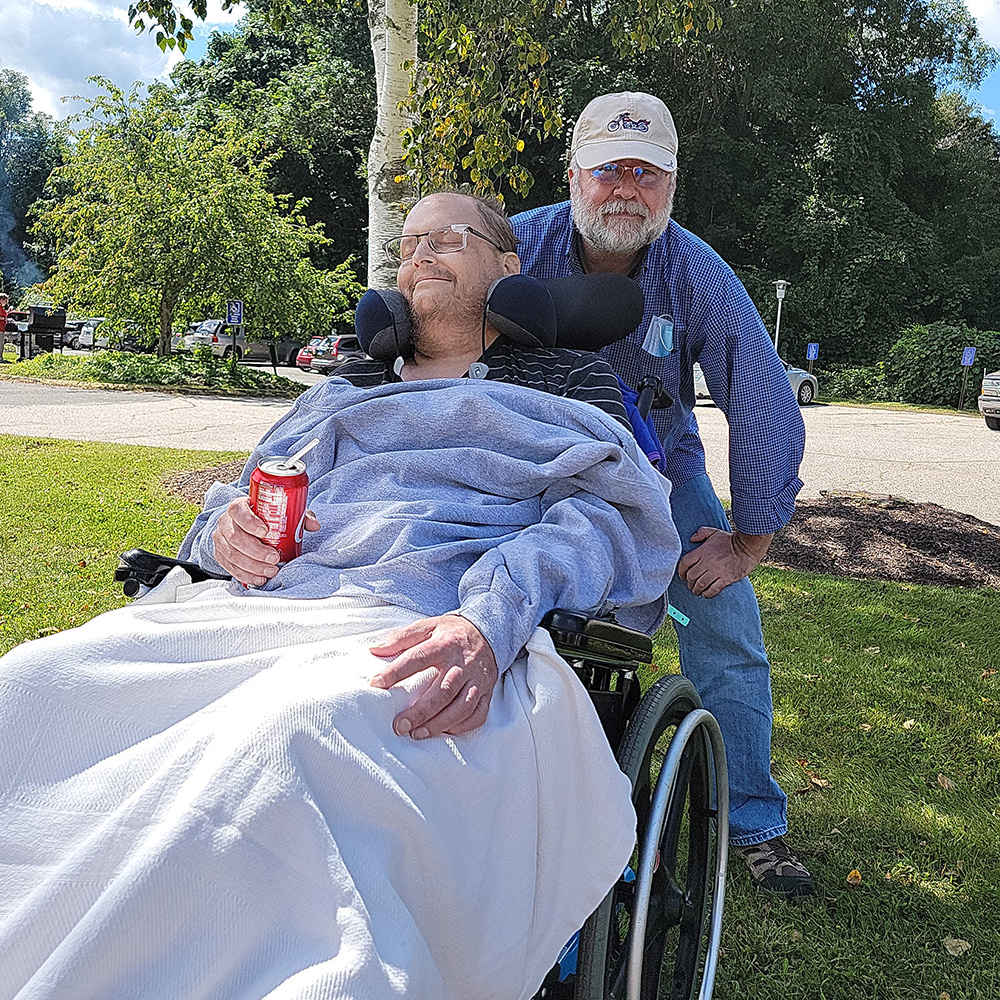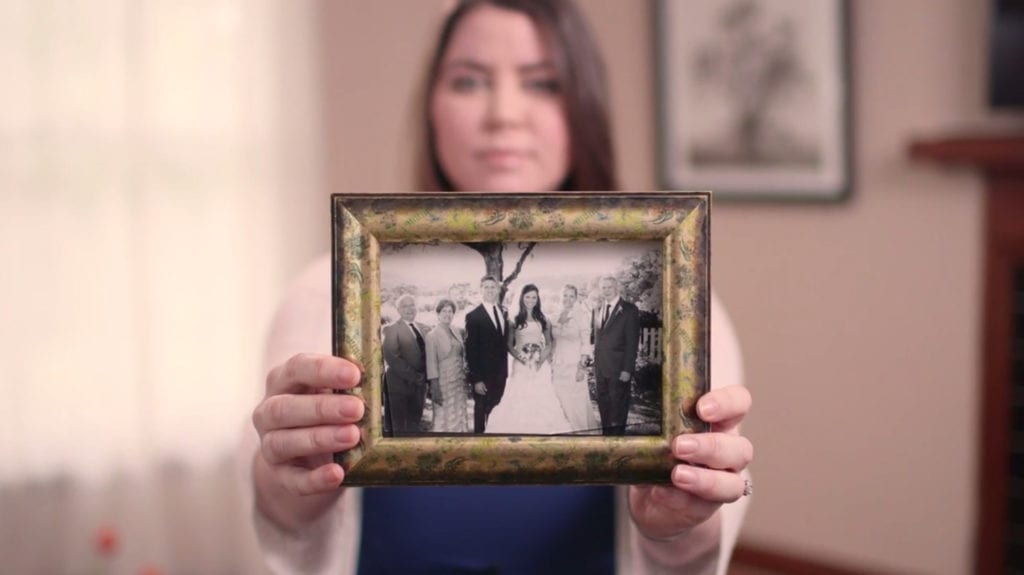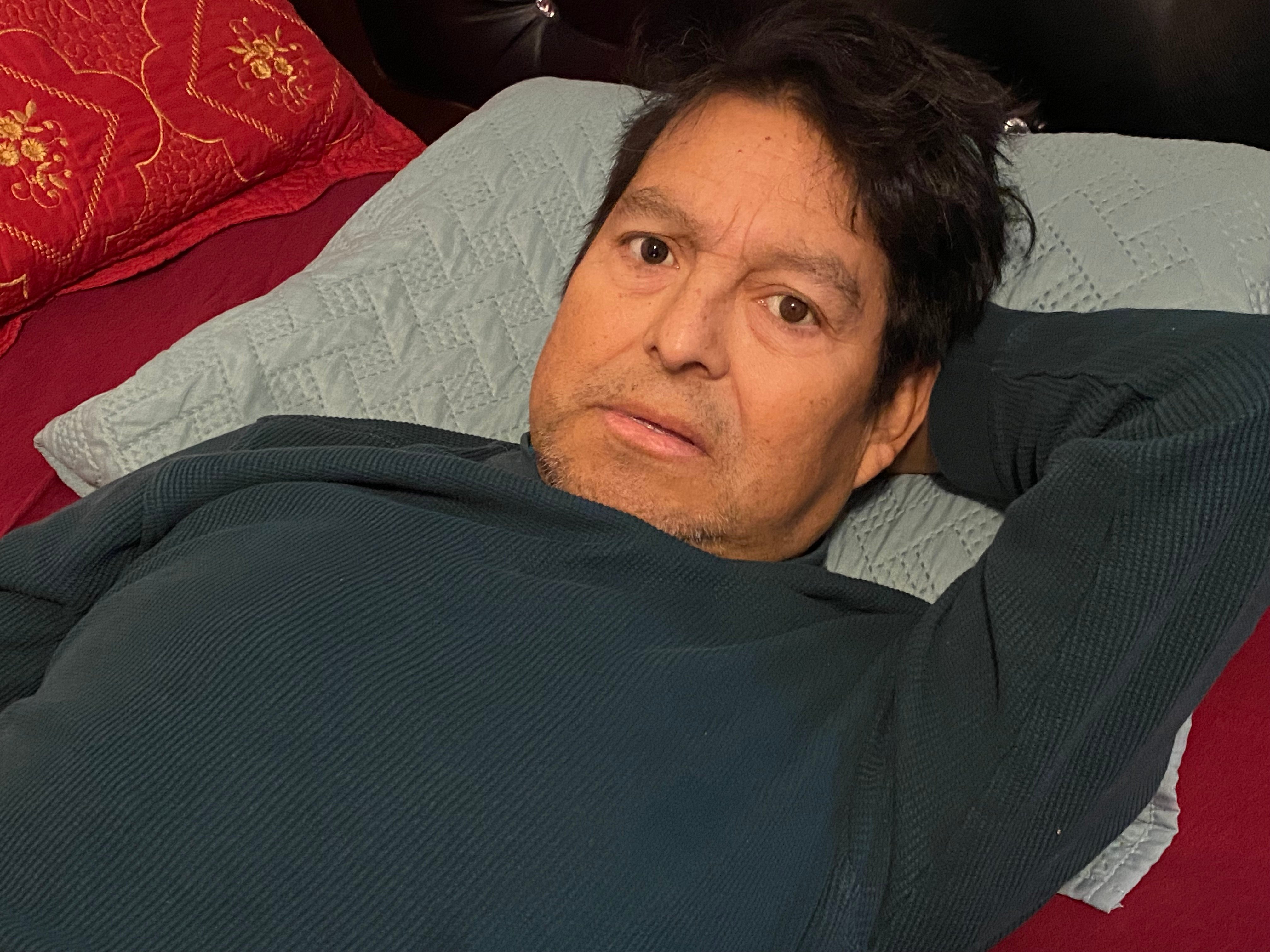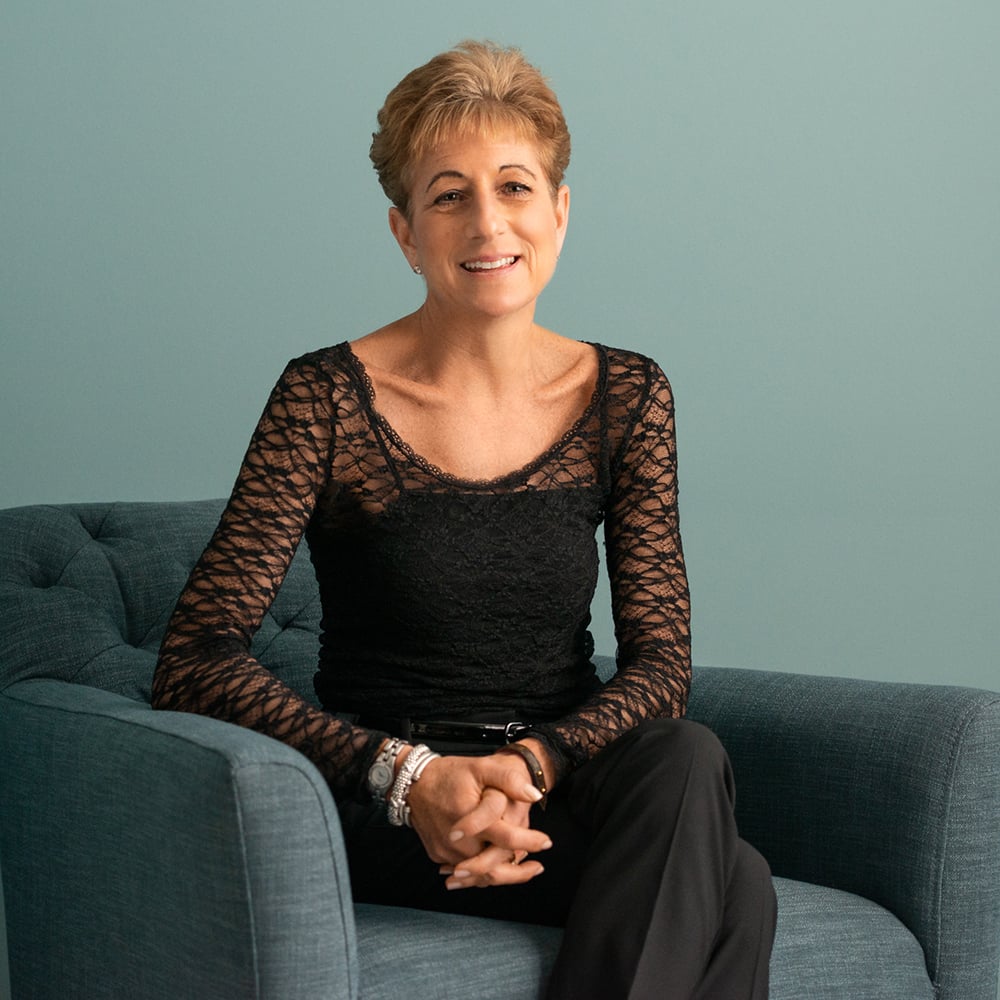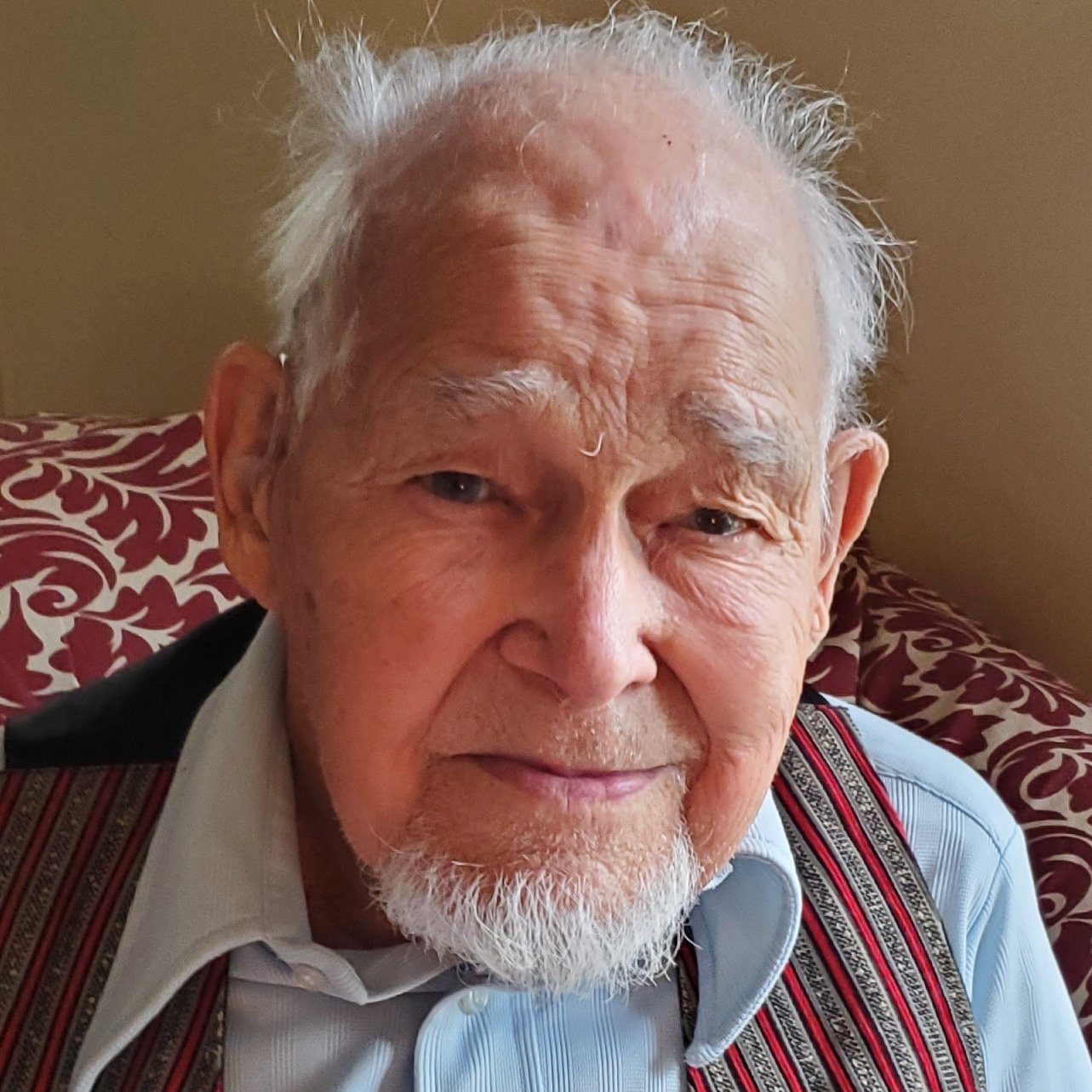Tyrone shared his story in October of 2022.
In October 2015, my brother and I went to our last concert together. We had attended many shows over the years — U2 in England before they were famous, Billy Idol in 1980s California, The Police in Connecticut in the 1990s — but this one was particularly special. As the children of German immigrants, we had been listening to Kraftwerk since our boyhood in Germany in the 1970s. Cliff flew from Tucson, where he was living at the time, to Connecticut for the Boston show and crashed at my place afterward. He woke up the next morning complaining about pain in his lower back. It was a few months before he was diagnosed with the cancer that ultimately claimed his life.
Cliff loved to hike in the mountains around Tucson. A few years earlier, we had even hiked the Grand Canyon rim to rim in one day. But now, at 48 years old, he was experiencing back pain while hiking. He figured it was sciatica, and his doctor agreed. Over time, though, it kept getting worse, so in early 2016, he went in for scans. That’s when they discovered a large mass at the base of Cliff’s spine.
I was with Cliff when he had his first meeting with his oncologist and received his diagnosis: chondrosarcoma, a rare type of bone cancer. For Cliff, it began in his cartilage. Unfortunately, chondrosarcoma doesn’t respond well to radiation or chemotherapy. The only effective way to treat it is surgery. And the position of Cliff’s tumor required extensive and complicated surgery.
Cliff traveled to the world-class MD Anderson Cancer Center in Houston, where he underwent 26 hours of surgery to remove the tumor and the right half of his pelvis, which also had to be reconstructed. He expected two or three months of recovery and rehabilitation. Instead, he nearly died from a hematoma and experienced several serious infections, resulting in a nine-month hospitalization. The lengthy hospitalization in turn caused Cliff to lose his job, his girlfriend, his apartment and his car.
Then, prior to being discharged, Cliff was informed that the cancer had returned.
Having nothing to go back to in Tucson, Cliff left Houston in May of 2017 and moved in with me in Ellington, Connecticut. He was facing a slow death — chondrosarcoma has no cure and metastasizes at a slow rate, so Cliff knew that he would decline bit by bit for years before dying.
What had started as occasional mild sciatic pain now infiltrated every moment of his every day. Cliff was on a high volume of medications to prevent infection and manage the ever-present and increasing pain, and the meds further undermined his quality of life. I don’t know how many hundreds of times I heard him vomiting due to nausea from his medications. The meds also affected his ability to sleep, even to think.
Cliff had always been someone who deeply cherished his freedom and independence. He had led his life the way he wanted to. He lived and traveled all over the world, was a passionate amateur photographer, never married or had kids. At one point, Cliff lived in Portland, Oregon, where medical aid in dying was authorized for terminally ill people, and it bothered him that he didn’t have that option here in Connecticut. The years he lived here with me, there were ongoing efforts to pass aid-in-dying legislation; he followed them closely.
In May of 2021, after four years of tumor growth, increasing health problems and constant significant pain, Cliff suffered an infection that required hospitalization. After that, it was no longer feasible for him to live with me, and he moved into a nursing home. Then, in late July, he entered hospice care.
I was with him when he signed the paperwork for hospice services and discussed his end-of-life care. Cliff told me then that if he still lived in Oregon, he would likely choose to die peacefully using aid in dying. He did not want to continue to be subject to the pain he had endured, and he wanted the legal option to make a decision about the end of his life. It was the last thing he hoped to control after losing so much.
Cliff passed away in hospice care on September 19, 2021. He was 54 years old.
To me, the important thing about this legislation is that it would give people like Cliff an option, one they wouldn’t have to choose if they didn’t want to. But it would be there for them if they needed and wanted it. I can give you the freedom to choose something, but if I give you only two options when there are actually 10, is that really freedom of choice?
Lacking that freedom of choice, my brother suffered for far longer than he should have or wanted.


